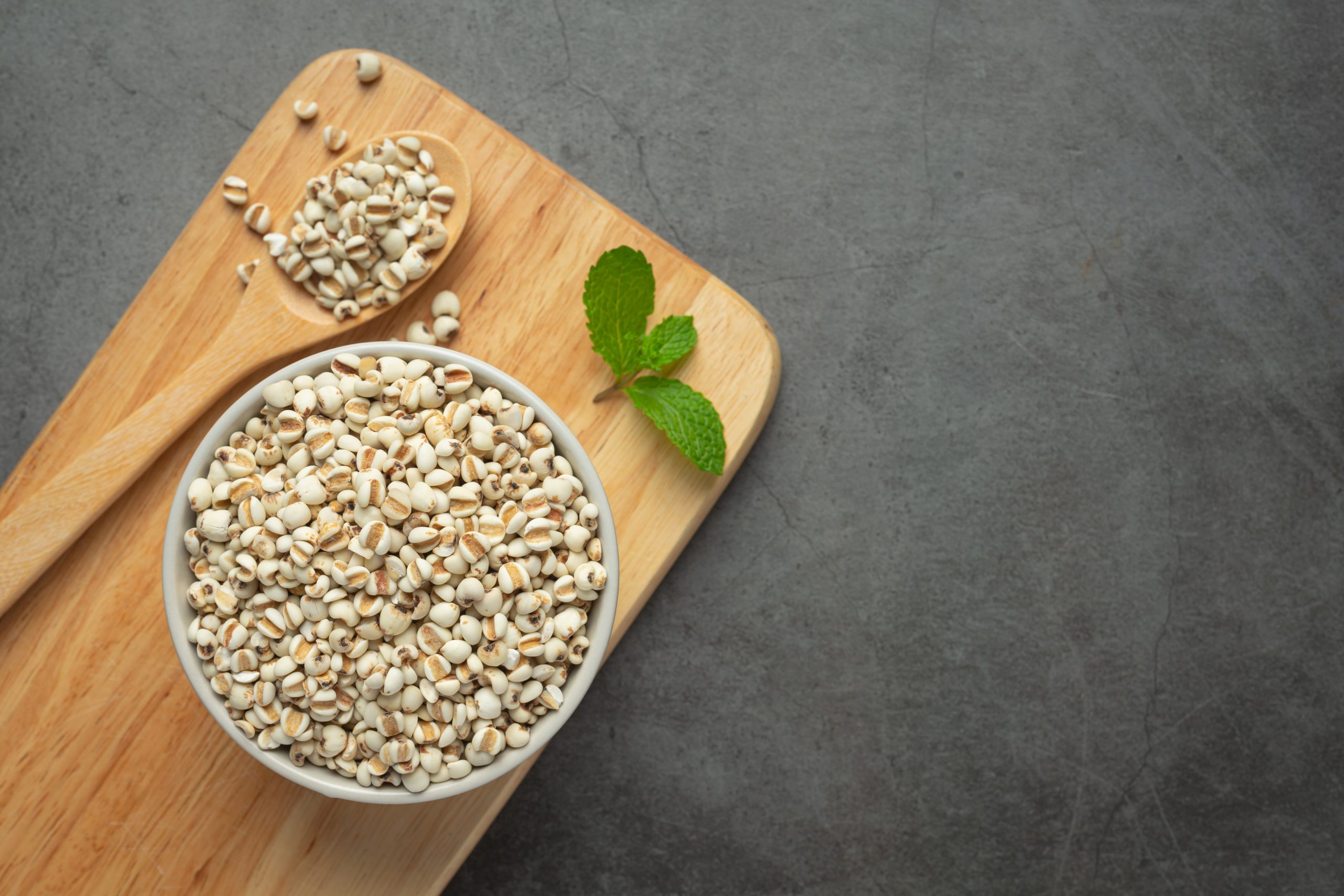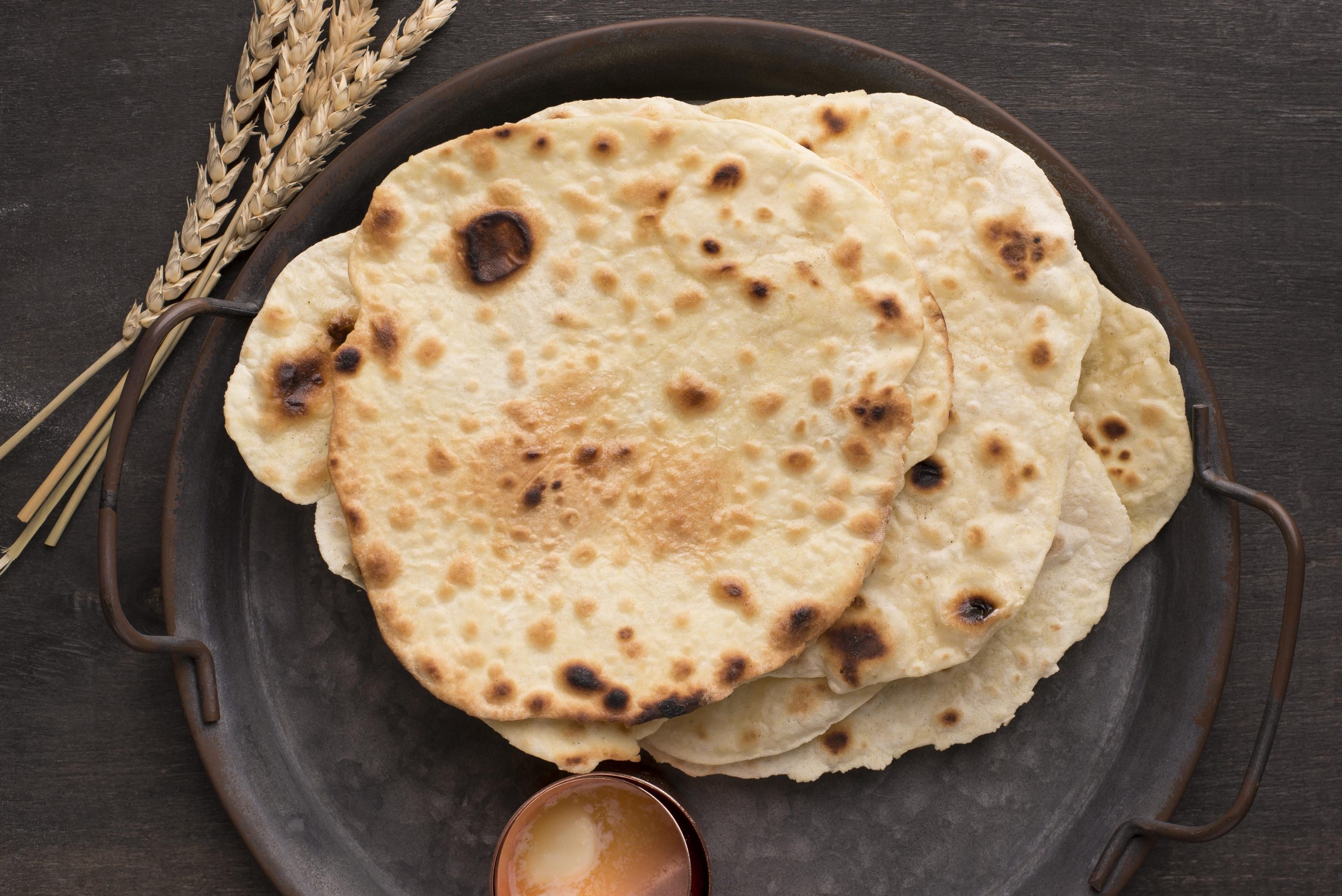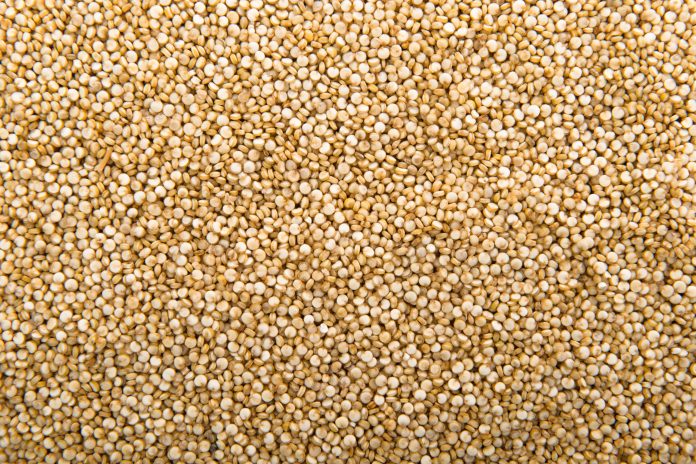Jowar, also known as sorghum, is a cereal grain that has been cultivated for thousands of years in many parts of the world, particularly in Africa and Asia. It is becoming increasingly popular as a healthy alternative to wheat and other grains, especially for those with gluten sensitivities. In this article, we will explore the various health benefits of jowar.

PC: Freepik
- Rich in Nutrients
Jowar is a great source of nutrients, including protein, fiber, vitamins, and minerals. It contains high levels of calcium, iron, phosphorus, potassium, and magnesium, which are essential for strong bones, healthy teeth, and overall good health. It is also a good source of B-complex vitamins, particularly thiamin and niacin, which are important for the nervous system and energy production.
- Gluten-Free
Jowar is naturally gluten-free, which makes it an excellent alternative for those with celiac disease or gluten sensitivities. Gluten is a protein found in wheat, barley, and rye, and can cause a range of symptoms in people with gluten sensitivities, including abdominal pain, bloating, and diarrhea. By incorporating jowar into their diets, people with gluten sensitivities can enjoy a wider range of foods and still get the nutrients they need.
- Low Glycemic Index
Jowar has a low glycemic index, which means that it does not cause a rapid spike in blood sugar levels. This makes it an ideal food for people with diabetes or those who are trying to manage their blood sugar levels. By eating jowar, people with diabetes can maintain a steady blood sugar level and reduce their risk of complications associated with high blood sugar levels.
- Promotes Digestive Health
Jowar is high in fiber, which promotes digestive health by keeping the digestive system regular and preventing constipation. Fiber also feeds the beneficial bacteria in the gut, which can improve gut health and boost the immune system. Additionally, jowar contains tannins, which have been shown to have anti-diarrheal properties.
- Reduces the Risk of Heart Disease
Jowar contains high levels of antioxidants, which can help reduce the risk of heart disease by preventing oxidative damage to the heart and blood vessels. The fiber in jowar can also help reduce cholesterol levels and improve heart health. A study published in the Journal of Nutrition found that consuming jowar can improve lipid profiles and reduce inflammation in people with high cholesterol levels.
- Helps with Weight Management
Jowar is a low-calorie, high-fiber food that can help with weight management. Fiber helps keep you feeling full, so you are less likely to overeat. In addition, the low glycemic index of jowar means that it can help regulate blood sugar levels and prevent cravings for sugary snacks.
- Boosts Immunity
Jowar contains high levels of antioxidants, which can help boost the immune system by neutralizing harmful free radicals in the body. The fiber in jowar can also feed the beneficial bacteria in the gut, which can improve immune function.
- Reduces Inflammation
Jowar contains high levels of antioxidants, which can help reduce inflammation in the body. Inflammation is linked to a range of health problems, including heart disease, diabetes, and cancer. By reducing inflammation, jowar can help reduce the risk of these diseases.
- Versatile in Cooking
Jowar can be used in a variety of dishes, including porridge, bread, and pancakes. It can also be used to make beer and other alcoholic beverages. Jowar flour is a popular alternative to wheat flour in gluten-free baking, and can be used to make everything from pizza dough to muffins.
- Environmentally Friendly
Jowar is a sustainable crop that requires less water and fertilizer than many other crops, such as wheat and rice. It is also drought-tolerant, making it an ideal crop for regions with limited water resources. By incorporating jowar into our diets, we can help support sustainable agriculture and reduce our impact on the environment.
In conclusion, jowar is a highly nutritious and versatile grain that offers a range of health benefits. It is a great alternative for people with celiac disease or gluten sensitivities, as well as those who are looking to improve their digestive health, reduce their risk of heart disease, and manage their weight. With its low glycemic index, high fiber content, and high levels of antioxidants, jowar is an excellent addition to any healthy diet.

PC: Freepik
Jowar is a versatile grain that can be used in a variety of dishes. Here are some popular ways to cook with jowar:
- Jowar Roti: Jowar flour can be used to make rotis, which are a type of Indian bread. Simply mix jowar flour with water and knead the dough until it is soft and pliable. Roll the dough into thin circles and cook on a hot griddle until lightly browned on both sides.
- Jowar Upma: Upma is a popular Indian breakfast dish made with semolina, but it can also be made with jowar. Cook jowar grains in water until they are soft and fluffy, then sauté them with vegetables and spices. Serve hot with chutney or yogurt.
- Jowar Khichdi: Khichdi is a classic Indian dish made with rice and lentils, but it can also be made with jowar. Cook jowar grains and lentils together in a pressure cooker, then add spices and vegetables to create a flavorful and healthy dish.
- Jowar Porridge: Jowar can be used to make a creamy and comforting porridge. Cook jowar grains in milk or water until they are soft, then add sweeteners and flavorings to taste. This is a great breakfast option for those who are looking for a gluten-free and low-sugar alternative to oatmeal.
- Jowar Salad: Jowar grains can be used to add texture and flavor to salads. Cook jowar grains and mix with chopped vegetables, herbs, and a light dressing for a healthy and satisfying meal.
- Jowar Idli: Idli is a popular South Indian breakfast dish made with rice and lentils, but it can also be made with jowar. Grind jowar grains and lentils together into a batter, then ferment overnight. Steam the batter in idli molds to create soft and fluffy jowar idlis.
- Jowar Pizza: Jowar flour can be used to make a gluten-free pizza crust. Mix jowar flour with water and yeast, then roll out the dough and top with your favorite pizza toppings. Bake in the oven until the crust is crispy and the cheese is melted.
- Jowar Soup: Jowar grains can be used to add texture and nutrition to soups. Cook jowar grains in a flavorful broth, then add vegetables and spices to create a hearty and healthy soup.
In conclusion, jowar is a versatile grain that can be used in a variety of dishes, from breads and porridges to salads and soups. With its high nutritional value and gluten-free properties, jowar is a great alternative to wheat and other grains. Try incorporating jowar into your cooking and enjoy the many health benefits it has to offer.






